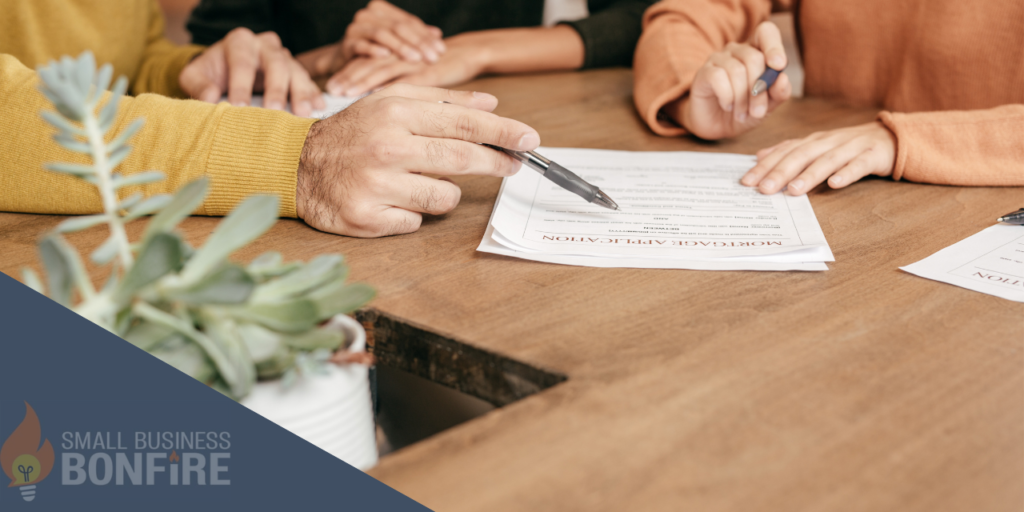This is a beginner’s guide to self-assessment, designed to help sole traders who are just starting out or performing a tax return for the first time. We’ll cover basics such as registering for self-assessment, what documentation you’ll need and what software can help.
We’ll also include additional information like the upcoming year’s deadlines and whether you need to hire an accountant.
What is self-assessment?
Self-assessment is the method used to calculate how much tax you need to pay on your annual earnings.
Do I need to do self-assessment?
You’ll need to do self-assessment if:
- You’re registered as sole trader and have earned more than £1,000 (pre-tax)
- You have a total taxable income of more than £100,000
- You have to pay the High Income Child Benefit Charge
If you’re not sure, check the government tool which will tell you if you need to file for self-assessment.
How do I register for self-assessment?
The government website has a separate online tool that you can use to register for self-assessment.
If you’ve already registered, you don’t need to do it again. However, if you registered for self-assessment last year but didn’t do a tax return, you’re going to have to do it again this year.
Which documents do I need to submit self-assessment?
This will depend on whether you’re employed or self-employed, and if you have any other forms of income such as benefits or a rental property.
Where it applies to you, you’ll need:
- Unique taxpayer reference (UTR)
- Government Gateway user ID
- National Insurance number
- Invoices you’ve issued
- Salary and income from other jobs
- Benefits from your employer
- Income from pensions or state benefit
- Income from rental properties
- Student loan plan and any sums that you’ve repaid
How to submit your tax return
Once you’ve registered, you can submit your self-assessment online at gov.uk.
Accuracy is key with tax returns, so one thing you must do is keep accurate records of the following throughout the year:
- Any information around sales and income
- A record of every business expense you intend to claim
- All VAT records (if you’re registered for VAT, that is)
- PAYE records (if you have employees)
- All personal income records
Keep all of these for at least five years after your last self-assessment submission.
Do I need to hire an accountant?
Though there’s no requirement for an accountant, but you’d be leaving yourself wide open to costly errors such as miscalculations and incomplete information. Over-claiming and under-claiming on allowable expenses are also common issues, as is not including all income.
What’s more, an accountant can make sure you claim all of the expenses that you’re entitled to – and the ones you might not know about.
It’s also worth checking who you have your business bank account with as some may have access to an accountancy firm as part of their package. Even if they don’t, business bank accounts often integrate with accountancy platforms, making managing your finances substantially easier.
What software can help with self-assessment?
Software can be an enormous help when you’re filing your self-assessment.
The software you choose must meet the following requirements:
- Work with tax calculations that adhere to UK standards and compatible with our tax year (April 6 – April 5)
- Has to integrate with UK bank accounts
- Can handle income from different sources – employed, self-employed, property, pension, etc.
- Has to meet UK data security requirements
- Sending out deadline reminders
From April 2026, software must be compatible with Making Tax Digital if you have an annual income of over £50,000. You must use it to keep digital records, submit summary income and expense data every quarter and finalise your business income at year end.
Sage’s self-assessment software records transactions and allows you to take pictures and scan your expenses when you’re out and about. AI-powered automation sorts your expenses into categories too. From there, you can generate a filled-out self-assessment form, put it on the government portal and submit.
Check out Sage’s self-assessment software to discover more
Important self-assessment dates
Here are the need-to-know self-assessment dates throughout the year.
October 5: Deadline to register for self-assessment if you’re registering for the first time
October 31: Self-assessment paper form deadline
December 30: Self-assessment PAYE tax collection deadline
January 31: Online self-assessment deadline; first ‘payment on account’ due (payment towards your next bill)
April 5: End of the tax year; deadline to claim overpaid tax for previous years
April 6: Start of the new tax year
July 31: Second payment on account due
I’m still unsure about submitting my tax return – is there any support available?
If you have further questions, seek out advice from an accountant. The government also has a series of content to help you with your tax return, especially as a first-timer.
You can also check out Sage’s accounting software here.
Read more
Six reasons to tackle your self-assessment tax return early – Emily Coltman, chief accountant at FreeAgent, explores why it may be beneficial to take on the self-assessment tax return early
Should you register as a sole trader or a limited company? – Mart Abramov, CEO of TaxScouts, shares the positives and negatives of being a sole trader or a limited company, so you can make the best choice for your growing business
Best business bank accounts for sole traders – We’ve rounded up some of the best business bank accounts created with sole traders in mind




